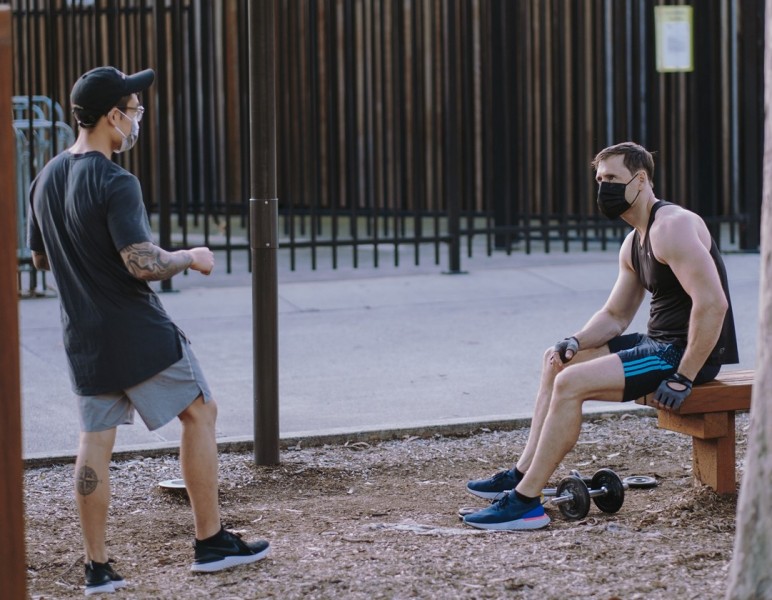For many, there is confusion and questioning in relation to what we can and can’t do as we go about our daily lives.
In summary, the important things to note are as follows: –
-
At this stage, you cannot be fined for breaching the 1.5 metre rule
- You are only permitted to leave the house if you have a reasonable excuse, which may be one or more of the following: –
- Obtaining food or goods for household;
- Donating blood;
- Providing emergency assistance or care to a vulnerable person;
- Attending a wedding or funeral (provided it complies with the other directions);
- Travelling for work, if you cannot work from home;
- Travelling for the purposes of children attending childcare;
- Travelling to and from school;
- Exercising;
- To obtain medical care or health supplies;
- Undertaking legal obligations;
- Accessing public services, such as Centrelink, mental health or domestic violence services;
- Moving residences, business or inspecting new premises for these purposes;
- Children travelling between their parents households;
- Emergency or compassionate reasons;
- Avoiding injury, illness or to escape harm; and
- For Priests and ministers of religion travelling to a place of worship or providing pastoral care.
- If you are homeless, the direction not to leave your home does not apply.
- There are restrictions for travelling in your car as it is classified as a “premises” under the recent amendments to the legislation. In a nutshell, you cannot travel unless you have a reasonable excuse and you can only travel with members from your own household. You are permitted to do this if you have arrangements in place for separated parents and children travelling between households.
- You cannot gather in public with more than two people, unless they are members of your house hold or unless exemptions apply. These include: –
- Workplaces;
- Weddings where there are no more than 5 people;
- Funeral where there are no more than 10 people;
- To provide care and assistance to a vulnerable person;
- To fulfill legal obligations;
- Catching public transport;
- Hospitals, correctional facilities, supermarkets, retail stores, schools and hotels;
- To provide emergency assistance; and
- Moving to a new place of residence or business.
- It is an offence to not comply with a direction to quarantine or self-isolate and a breach may result in a fine or arrest.
- You cannot visit a relative or friend in an aged care facility. This has been implemented for the protection of the residents due to their vulnerability to COVID-19.
- You are legally required to provide your full name and residential address to NSW Police when requested to do so.
- Police have the authority to issue on the spot fines of $1,000 for individuals and $5,000 for businesses if any of the directions are breached. It is important to note that children between 10-18 years old can also be fined, it is not strictly for adults.
- Police do not have to give a fine, they have discretion to take appropriate action which may result in a warning, the issuing of a Court attendance notice or arrest.
- If you continually breach a direction, Police have the power to arrest you to prevent the further commission of the offence, to protect a person’s safety or welfare, or because of the seriousness and nature of the offence.
It is important to take the directions imposed by the Government seriously as blatant breaches may result in unwanted fines and criminal action.
If you receive a fine or are charged with a criminal offence or need further advice in relation to how the above measures affect you or your family, contact our office to arrange an appointment with Cheryl Beaumont on (02) 4655 4224.











